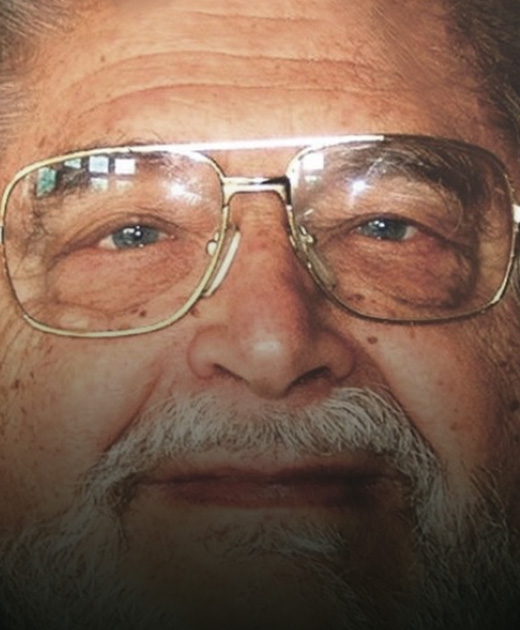Felix Jiří Weinberg
Born in 1928 / Ústí nad Labem, Czechoslovakia (now Czech Republic)
"An absolutely incomprehensible and incidental miracle came to me then. A completely unknown person appeared in the doorway and shouted loudly in Czech: Are there any more Czech boys here?"
1928
Felix Jiří Weinberg, a university professor and world famous scientist, was born on April 2, 1928 in Ústí nad Labem, Czechoslovakia (now Czech Republic).
1939
He found himself in the hands of the Nazis as a boy in 1939, when he was only twelve years old. Felix, who was imprisoned for most of his adolescence, survived five concentration camps, including Terezín and Auschwitz.
1945
In 1945 he almost died during the death march from Blechhammer. Weinberg's father escaped the Nazi rage by going abroad in time, but he did not manage to handle the necessary documents for the rest of his family. Felix's mother and his brother died during World War II. Felix Weinberg arrived at the Buchenwald concentration camp with an evacuation transport seriously ill and on the verge of strength, but Antonín Kalina intervened in his fate. "It was then that an absolutely incomprehensible and incidental miracle came to me. A complete stranger appeared in the doorway and shouted loudly in Czech: Are there any more Czech boys? ” At Kalina's command, Felix was transferred to Children's Block 66, where strict discipline prevailed and where conditions were more tolerable than in a dirty infirmary. Kalina got the medicine he needed, and Felix Weinberg recovered enough to see the liberation of the concentration camp. Weinberg never forgot his saviour, writing about him many years later: "He was a radical communist. But above all, he was a deeply decent and honest man. As it turned out later, he had saved many Jewish boys who were transported to Buchenwald from various camps in Silesia.” After the war at the age of seventeen, Felix Weinberg went to see his father in Great Britain. His beginnings in the new country were difficult, Weinberg did not speak English and had no education, but with his diligence and obsession with knowledge he made up for the lost time. He finished elementary school and graduated from high school. He chose physics in his life career.
1951
He graduated from Imperial College London, where in 1951 he became a research assistant at the Department of Chemical Engineering and Chemical Technology.
1967
In 1967 he was appointed a professor at the University of London.
1972-1988
Felix Weinberg became one of the world's greatest specialists in the field of physics of combustion and burning substances. He developed new optical and electrical methods to study the combustion of substances and won a number of prestigious, international awards during his successful scientific career. For example, in 1972 he won the silver and in 1980 the gold medal of Bernard Lewis, and in 1988 Felix Weinberg was awarded the Rumford Medal of the Royal Society, the medal which is awarded to Europe's leading scientists. His scientific work has received widespread international recognition.
2012
Felix Weinberg died on December 5, 2012.
2013
At the end of his life, he returned to his tragic experience of the concentration camp in his autobiographical book Boy 30529: A Memoir. This authentic, personal testimony of the Holocaust came out in 2013, shortly after his death. "Everyone who survives the extermination camps must have an atypical story to tell. The typical story of the millions of victims of these camps ended in death."
